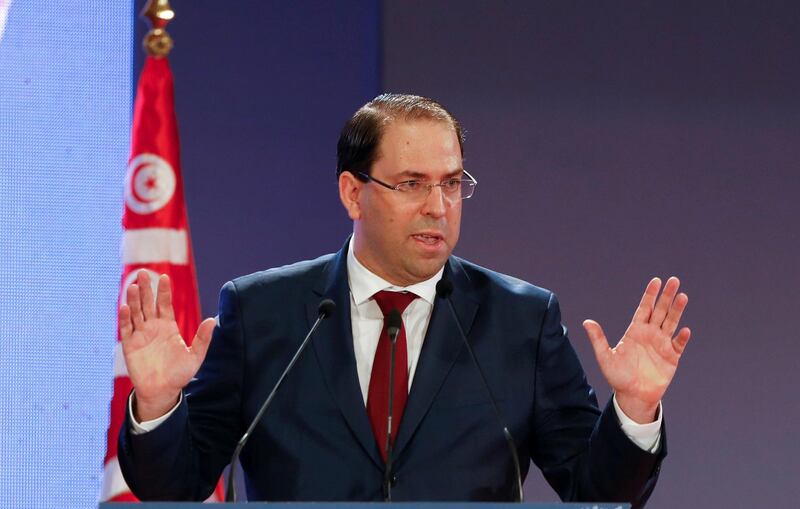The International Monetary Fund approved payment of a $247 million (Dh907m) loan tranche to Tunisia, as part of an economic reform program for the North African country.
The Washington-based lender praised Tunisia's efforts to reduce the fiscal deficit as economic growth accelerated in the first half but called for tighter monetary policy as inflation remains high.
"The Tunisian authorities’ efforts to reduce macroeconomic imbalances are bearing fruit," Mitsuhiro Furusawa, the IMF's deputy managing director and acting chair, said in a statement on Monday.
Tunisia has implemented austerity measures and structural reforms, including slashing fuel subsidies, that has helped it secure a $2.9 billion loan from the IMF in 2016. Its ailing economy is plagued by persistently high inflation and unemployment. The country is grappling with a massive budget deficit that needs to be reduced according to the IMF to 5.2 per cent of GDP this year. The fund expects Tunisia's economic growth to accelerate to 2.9 per cent in 2019 from a forecast of 2.4 per cent this year driven by agriculture, manufacturing and tourism.
______________
Read more:
Unemployed Tunisians turn to illegal Mediterranean crossings to Europe
______________
High oil prices continue to pressure budget deficit while investment in the country is weak and foreign reserves cover less than three months of exports, the IMF said. Brent crude oil prices rose to above $85 a barrel on Tuesday the highest in four years.
The IMF urged the Tunisian central bank to further increase the interest rate to help anchor inflation.
"Further monetary tightening is warranted to reduce inflation," Mr Furusawa said. "Policy rate should increase further to avoid further erosion of the purchasing power of the local currency and anchor inflationary expectations."
The fund said Tunisia's main reform priorities include raising tax revenues, reducing the public wage bills and slashing energy subsidies.
Since the 2011 uprising that ended the rule of President Zine El-Abidine Ben Ali, nine cabinets have failed to resolve Tunisia’s economic problems. Its economic reform efforts are facing risks from internal political divisions.
"Strong program implementation is necessary to reduce macroeconomic imbalance and foster inclusive growth in the difficult political and security environment," Mr Furusawasaid.







